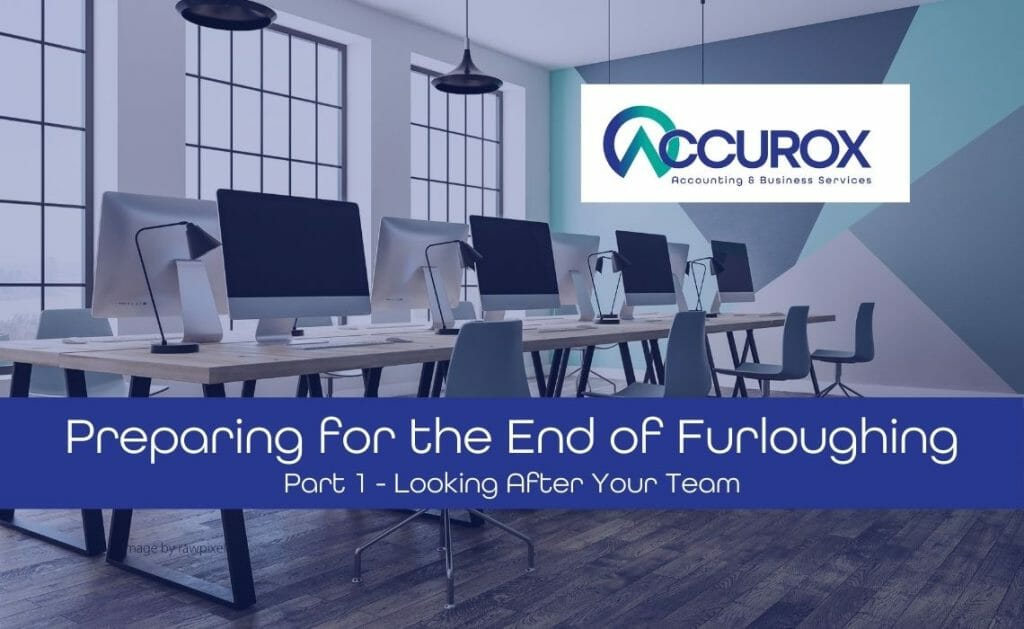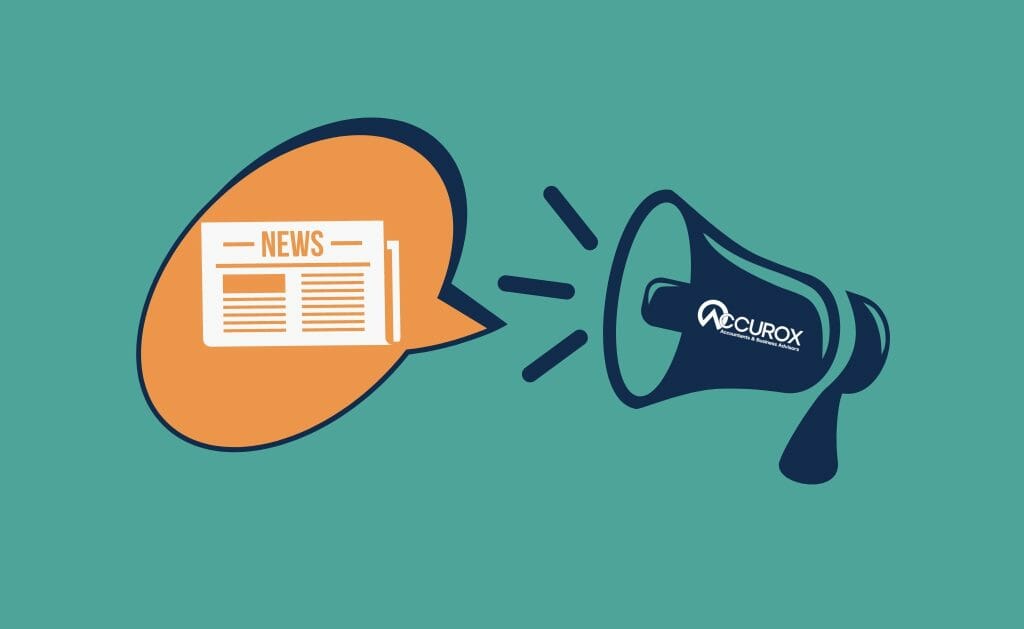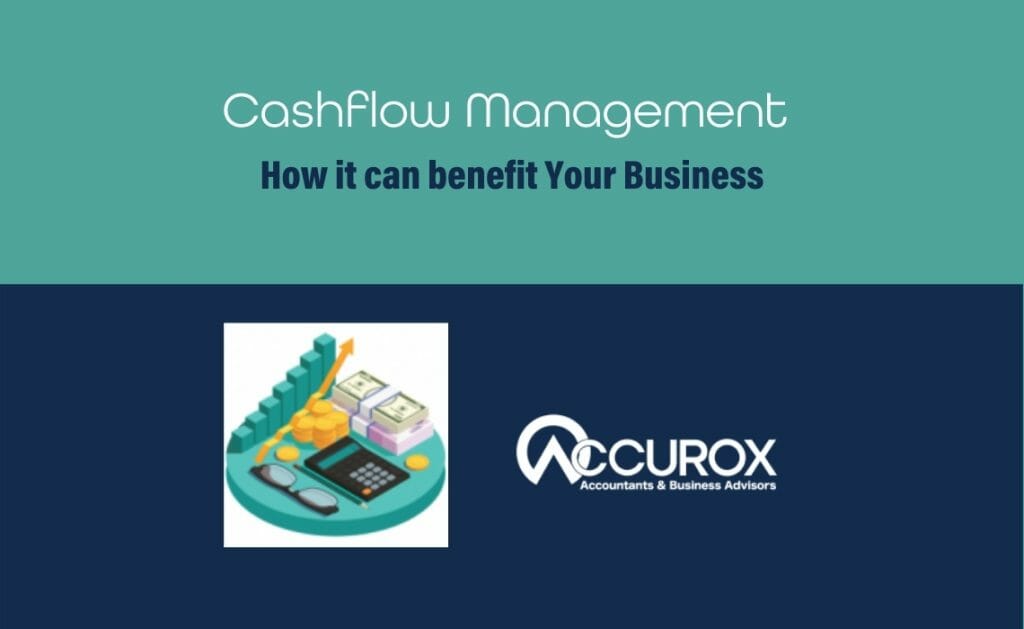Various coronavirus support schemes have been launched by the government to mitigate the impact of COVID-19 has had on business owners and freelancers.
Many have seen their income destroyed, some have managed to carry on but with reduced capacity and sales. The government has stepped in with a range of schemes to support the economy. We have laid out the various options below.
If you have any questions about your eligibility or how to proceed just give us a call on 01634 566104 or email us.
CBILS (Coronavirus Business Interruption Scheme)
The J
Small businesses with a turnover less that £45million can apply for a loan of up to £10,000, interest free for 12 months through CBILS. Businesses should apply to their own bank, preferably online. However, you may apply to other banks if yours is not accredited.
You may need a cashflow forecast to apply and we can help you with that. Call us to discuss this on 01634 566104.
You can find a full list of accredited banks here.
Bounce Back Loans
After the CBILS was introduced it was found to be slow in rolling out to the intended beneficiaries. As a result, the government introduced the Bounce Back Loans. The BBL is a 6 year-term loan between £2,000 and £50,000 (up to 25% of a business’ turnover). The major appeal is that it is fully government guaranteed for the lender, so they are easier to qualify for. The loan is offered at no interest for the first 12 months and 2.5% for the remaining term on the loan.
Again, you should approach your own bank in the first instance to apply. Find out more here.
Remember, it is your responsibility to repay these loans. Government guarantees only protect the lenders.
Small Business Grants Scheme
A grant of £10,000 is available if you are in receipt of small business rate relief or rural rate relief.
In addition, there is also a grant worth £25,000 for the retail, hospitality, and leisure sector, where the business is based in a property with a rateable value between £15,000 and £51,000.
Your council will contact you directly if they think you qualify for either of these grants, but you can check if you are eligible here.
Jobs Retention Scheme
The Job Retention Scheme sees the government paying 80% of salaries (up to a maximum of £2,500 per month) for employees who you would otherwise have had to make redundant because of coronavirus. Employers can top up any difference to the full salary if they choose.
The scheme is available at 80% for furloughed employees through March to July. However, your employee must not do any work for your business while they are furloughed. From August until October (when the scheme is due to end) employers will be expected to pay a percentage of the wages. Equally, they will also be able to allow for part-time working from their employees at that time. The scheme will taper out as follows:
- August – The taxpayer pays 80%. Employers will pay NI and employer pension contributions.
- September – The taxpayer will pay 70% and employers will pay 10%
- October – The taxpayer will pay 60% and employers will pay 20%
After June 30th, employees who had not previously been furloughed for a period of 3 weeks up until June 30th cannot be added to the scheme. This effectively means that the final deadline to add an employee who has not previously been furloughed was June 10th. Find out more here.
Despite early confusion, it is permissible to furlough directors of companies. Although, they cannot work in the business during this time, they can carry out their statutory duties while furloughed. To furlough a director, you will need documented minutes of a board meeting where this is agreed. You can find a template for this here. This form may also be useful.
Coronavirus Support for the Self-Employed and Freelancers
SEISS (Self-Employed Income Support)
Similar to the the Job Retention Scheme, the SEISS offered a first grant to cover income for the self-employed. This was at the rate of 80% of your average monthly profits (capped at £7,500 for the 3 months), based on your last 3 years tax returns (March, April, May). Additionally, the self-employed can apply a second and final grant, based on 70% (capped at £6,570) of their average monthly profits in August.
You are required to show that your business was adversely affected by coronavirus.
Additional criteria includes:
- You traded in the tax year 2018/19 and submitted your self-assessment tax return on or before 23 April 2020 for that year
- You were trading in the tax year 2019/20
- That you intend to continue to trade in the 2020/21 tax year
- That your trading profits are no more than £50,000 and are at least equal to your non-trading income HMRC will look at you average trading profit over the last 3 years.
You can find out if you are eligible by checking here. You will need your UTR (Unique Tax Reference) and your Government Gateway ID & password.
In addition to the grants and salary schemes, the government has also granted a 12-month business rates holiday and VAT deferral.







